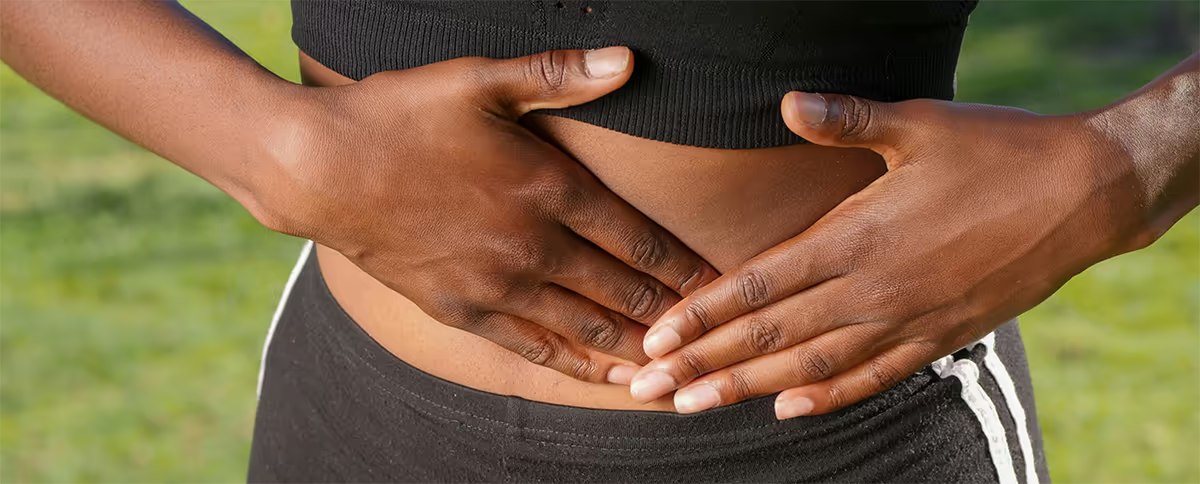
Coffee’s Effects on Cancer – Benefit or Risk?
There has been lots of controversy lately on the health benefits and risks of coffee drinking. There are many studies that have shown a link between coffee drinking and good health, including reduced risk of cancers (including colon cancer), gout, diabetes, heart disease, Alzheimer’s and Parkinson’s disease.
There has also recently been recent controversy regarding Acrylamide in coffee. This is a cancer-causing chemical found in very small amounts in coffee. It forms during the roasting process and is virtually unavoidable. It also exists in many other foods we eat every day, such as bread, and is even in many of the personal care products we use.
In March of 2018, a California judge ruled under Prop65 to have coffee sellers label their coffee with a cancer warning. The legislation is on hold pending coffee companies being asked to provide counter statements.
Why I’m Not Concerned About Acrylamide in Coffee
- There’s plenty of evidence that coffee does not cause cancer and is even protective
- Coffee has been roasted and enjoyed for hundreds of years
- The levels of acrylamide shown to cause problems (in animal studies) are thousands of times higher than what the average person consumes
- Humans metabolize the chemical differently from animals, and we may be exposed to lower amounts.
So, for now, coffee lovers drink up! The USDA (United States Department of Agriculture) states 3-5 cups of coffee each day can be included in a healthy lifestyle. Now, if you’re not a coffee lover, don’t go crazy trying to drink more! We don’t really know that these health associations are actually caused by coffee or other factors.
While you’re at it, let me suggest making a change in your diet that has unquestioned proven benefits — drinking more water. Most Americans are chronically dehydrated and it’s becoming an epidemic. Dehydration causes us to lose productivity during the day, is definitely bad for colon health, and makes us crave food and stimulants such as, yes, coffee.
And one more thing – if you’re going to drink your coffee the way I drink mine — with cream and sugar – these are definitely NOT healthy. Black coffee is best!


.svg)




